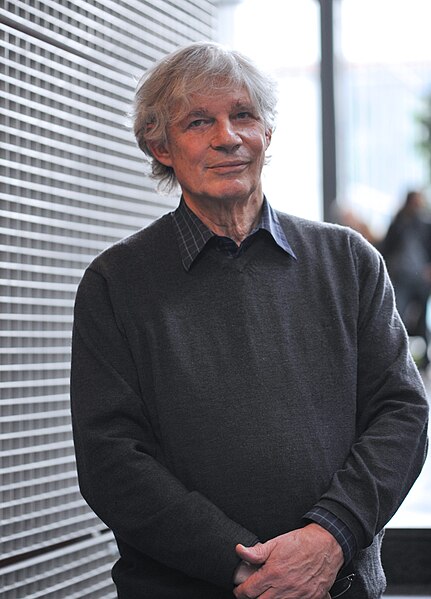
Stuart Kauffman is a well-known self-organization theorist:
I would like to begin a discussion about the first glimmerings of a new scientific world view — beyond reductionism to emergence and radical creativity in the biosphere and human world. This emerging view finds a natural scientific place for value and ethics, and places us as co-creators of the enormous web of emerging complexity that is the evolving biosphere and human economics and culture.
Recently, he was interviewed at SERRC by Ryan Cochrane on the mind-body problem, consciousness, and free will:
SK: I need to tell you about the recently discovered Poised Realm. It is now known that decoherence can happen and recoherence can happen as well! So a system can hover reversibly between the quantum and classical world. The possibility of recoherence is assured by a theorem and has been observed experimentally. In addition, a decohering quantum variable can be made coherent again by quantum measurement, which is not recoherence.
Given the above, a “quantum mind” can have acausal consequences for the meat of the brain. We can thereby break the stalemate since Descartes and Newton. Mind need not be epiphenomenal, for measurement and decohrence can alter the classical world. I would stress, however, that there are multiple interpretations of quantum mechanics, beyond the Copenhagen interpretation, which is roughly standard, and that it is not certain among physicists what the “classical” world is. Whatever the classical world may be, it does not seem to alter the conclusions above. More.
More re poised realm. You decide.
Follow UD News at Twitter!